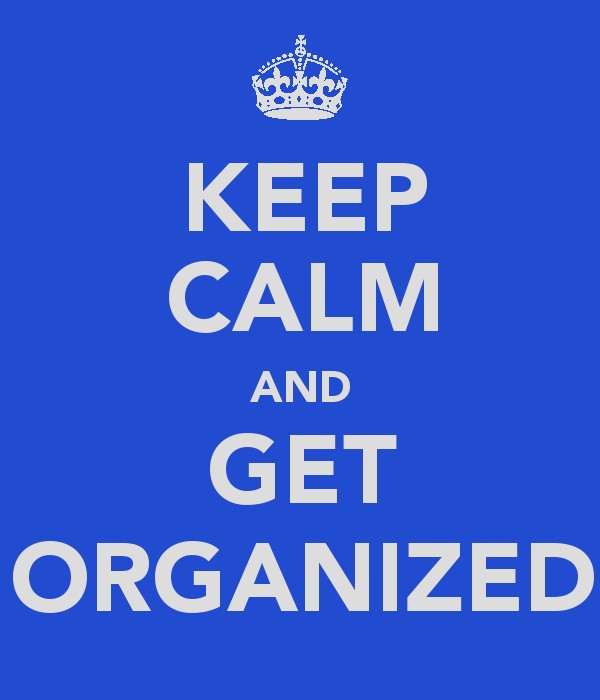SAFETY PLAN

Plan
It is useful to think about how you would get out of the house if there is an emergency, even if at this stage you are not thinking of leaving.
A carefully planned exit is really important. Make arrangements to have a safe place where you and your children can go on a temporary basis until you are in a position to make more definite plans about your future. You can speak to Women’s Aid about your options and discuss the possibility of staying in a refuge. You can also contact local organisations (their numbers are on our ‘Useful Contact’ page). Plan to leave at a time you know your partner will not be around. Plan and go over in your head an exit plan that you could implement in times of crisis. Think about who you would call, where you would go, what you would need to bring.
Independent Domestic Violence Advisor workers are experienced in helping people maximise their safety and are happy to work with you to develop your own individual safety plan.
Prepare

Pack an emergency bag for yourself your children, and hide it somewhere safe. It may be better to leave it somewhere not in your house, such as a friend’s house or with a family member that you trust. If you have small children, remember to bring practical things which they might need and want such as school uniforms and favourite things.
Pack important documents like
- Medical cards
- Notes of any essential medicines for you and your children
- Birth certificates for you and your children
- Passports (including passports for all your children), visas and work permits
- Bank cards
- Any papers relating to the abuse (police reports and court orders). If you can, try to keep a small amount of money set aside.
- Some form of identification
- Keys for house, car, and place of work. (You could get an extra set of keys cut, and put them in your emergency bag.)
- Cards for payment of Child Benefit and any other welfare benefits you are entitled to
- Driving licence (if you have one) and car registration documents, if applicable
- Copies of documents relating to your housing tenure (for example, mortgage details or lease and rental agreements)
- Insurance documents, including national insurance number
- Family photographs, your diary, jewellery, small items of sentimental value

Protecting yourself after you have left
There are many ways different things that can increase your safety once you have left, for example:
- Ensuring that your home security is as effective as it can be
- Getting an injunction (contact your nearest Women’s Aid or FLOWS.org.uk)
- Changing your name
- Altering your routines
- Changing your mobile phone
- Change your bank account to an alternative bank/building society
- Consider blocking your (ex) partner and anyone who is linked to them from your social media accounts such as: Facebook, Twitter, Instagram, Snapchat, LinkedIn, Whatsapp, Tumblr and Pinterest,
- Ensuring that there are no tracking devices on your phone or tablet.
If your ex-partner continues to harass, threaten or abuse you, you can get help through the criminal or civil legal processes and you can receive support from the IDVA service or other support agencies in your area. An IDVA can advise you on safety measures whatever your individual situation.
Getting the right safety measures in place depend upon your individual circumstances. Independent Domestic Violence Advisors (IDVA’s) are experienced in helping people maximise their safety and are happy to work with you to develop your own individual safety plan.
Claire’s Law
(The following information can be found on Suffolk Police website along with details on how to make an application)
This is a scheme that gives you the right to make an application to the police if you have concerns about your partners’ history. You can also make an application if you are worried that someone you know may be in a relationship with a previously abusive partner.
The aim of this scheme is to:
- Give you formal ways to make enquires about your partner if you are worried that they may have been abusive in the past
- Help you to make a more informed decision on whether to continue the relationship
- Provide further help and support to assist you when making a choice
If police checks show that your partner has a record of violent behaviour, or if there is other information to indicate that you may be at risk from your partner, the police will consider sharing this information with you.
In an emergency
If you are at home and are threatened or attacked:
- stay away from the kitchen and areas where weapons may be found
- get to a room with a window or access outside
- get to a room with a lock on the door
- get to a room with a telephone or carry a mobile with you, and
- call 999 and ask for the police, or
- contact the 24 Hour Domestic Abuse Helpline 0808 2000 247

Protecting yourself if you stay in your home

If you stay or return to your home after your partner has left, then you might need some form of legal protection. There are other things that can be done to help you feel safer, for instance:
- Changing the locks on all doors(you can get advice on this from your local domestic abuse organisations or police)
- Putting locks on all windows if you don’t have them already
- Installing smoke detectors on each floor
- Consider installing an outside light (back and front) which comes on automatically when someone approaches
- Informing the neighbours that your partner no longer lives there, and asking them to tell you – or call the police – if they see him nearby
- Changing your mobile number
- Using an answering machine to screen calls
- Keeping copies of all court orders together with dates and times of previous incidents and call-outs for reference if you need to call the police again
- Consider blocking your (ex) partner and anyone who is linked to them from your social media accounts such as: Facebook, Twitter, Instagram, Snapchat, LinkedIn, Whatsapp, Tumblr and Pinterest
- Ensuring that there are no tracking devices on your phone or tablet
Use your support networks
Try not to isolate yourself or place yourself in a vulnerable position. Keep in contact with friends and those who you trust. Make use of the support and networks. Women’s Aid and other organisations in the area provide advice, counselling and general support. Buy a mobile phone, programme it to 999 and keep it with you at all times. Some police services can provide these phones also. Contact 101 and ask to speak to a Domestic Abuse Advisor.


Alter your routine
If you have any regular routines such as journeys to work, school drops and pickups, visits to the doctors, dentists etc that your partner may know about, try to change the route you take, the type of transport you use or alter the times as much as you can. Consider getting lifts to and from work with someone else. Consider doing your shopping at different places. If possible, carry an emergency/panic alarm. These may be available from your local police domestic abuse services.
Inform others
While it is your decision whether or not you tell people what you have been through, it might increase your safety if you tell your family and friends, your children’s school, your employer of what has happened.
You will probably find that those surrounding you will want to help and any information you provide will help them to do this, either in an emergency or on a daily basis.
Consider telling your children’s school or childcare provider what has happened, and let them know what the arrangements for collecting children are. Be clear about who will be collecting each day and insist your children are not released to anyone without prior clarification and communication from you.
If you have a court order, keep it with you at all times.
Please don’t suffer in silence. There is support out there for you and people who really do understand what you are going through.
Please just reach out to someone ♥